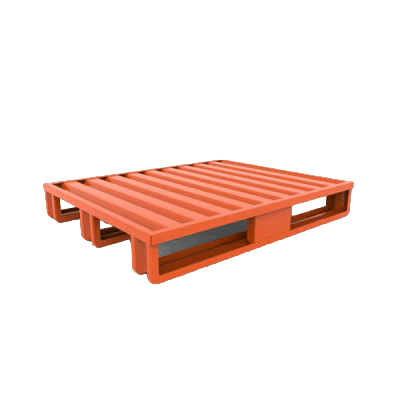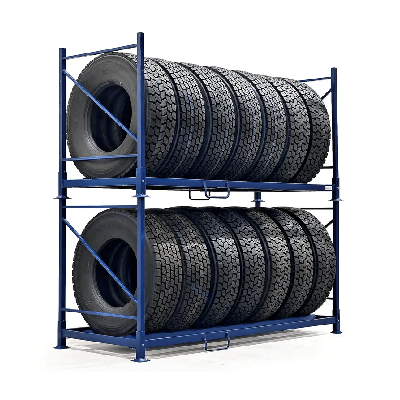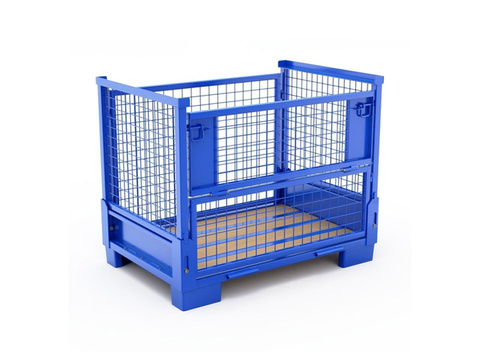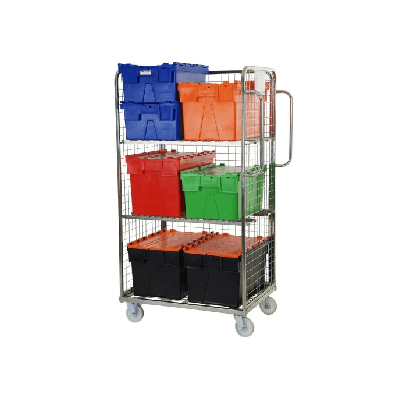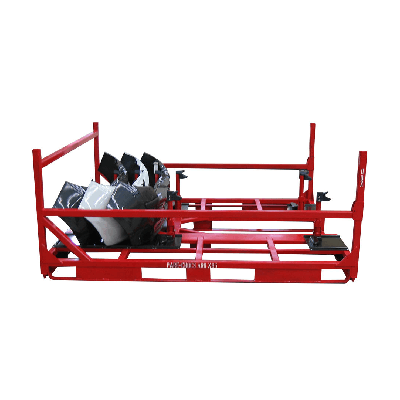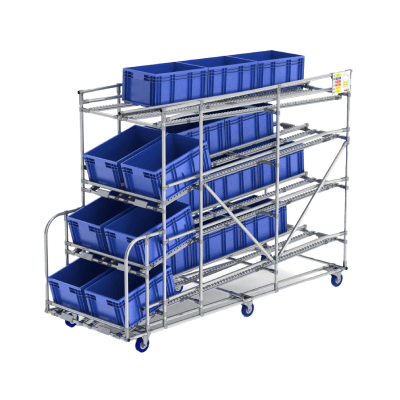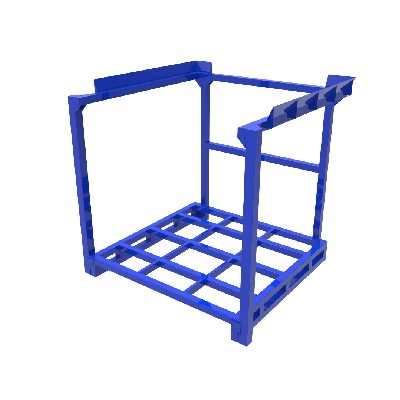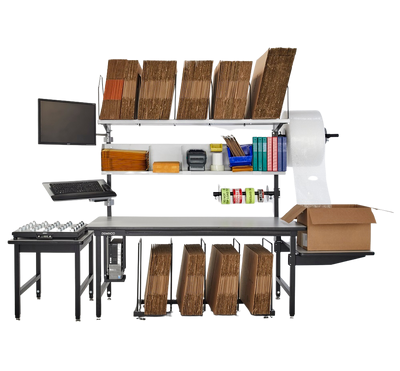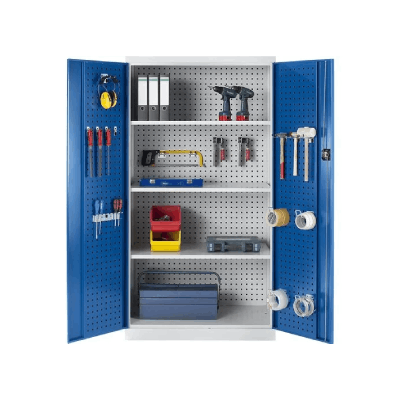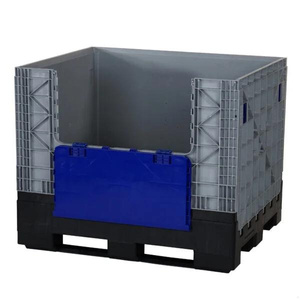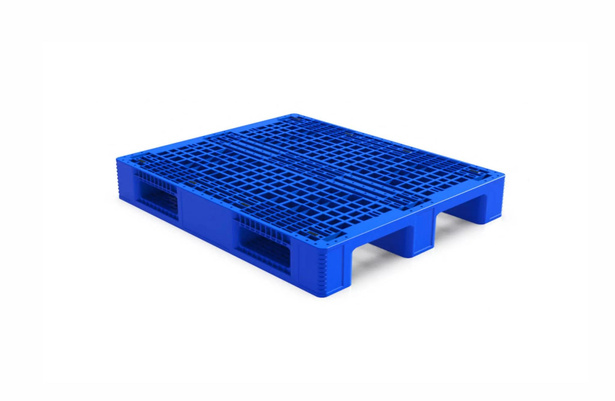In today’s fast-paced, demand-driven supply chain landscape, warehouse automation is no longer a luxury—it’s a necessity. The need for speed, precision, and efficiency has driven the adoption of cutting-edge technologies in logistics and inventory management. One of the most impactful innovations in this space is the ASRS pallet a vital component of automated storage and retrieval systems (ASRS). These pallets are not just standard load carriers—they are revolutionizing the way warehouses operate.
This blog explores how ASRS pallets are transforming warehouse automation, increasing efficiency, enhancing safety, and paving the way for a smarter future in material handling.
Table of Contents
ToggleWhat is an ASRS Pallet?
Before diving into the benefits, it’s essential to understand what an ASRS pallet is.
ASRS stands for Automated Storage and Retrieval System. These systems are engineered to automatically place and retrieve loads from storage locations with minimal human intervention. The ASRS pallet is a specially designed pallet built to be compatible with automated equipment such as cranes, shuttles, conveyors, and robotic forklifts.
Unlike traditional pallets, ASRS pallets are optimized for dimensional accuracy, load stability, and seamless integration with high-tech warehouse infrastructure.
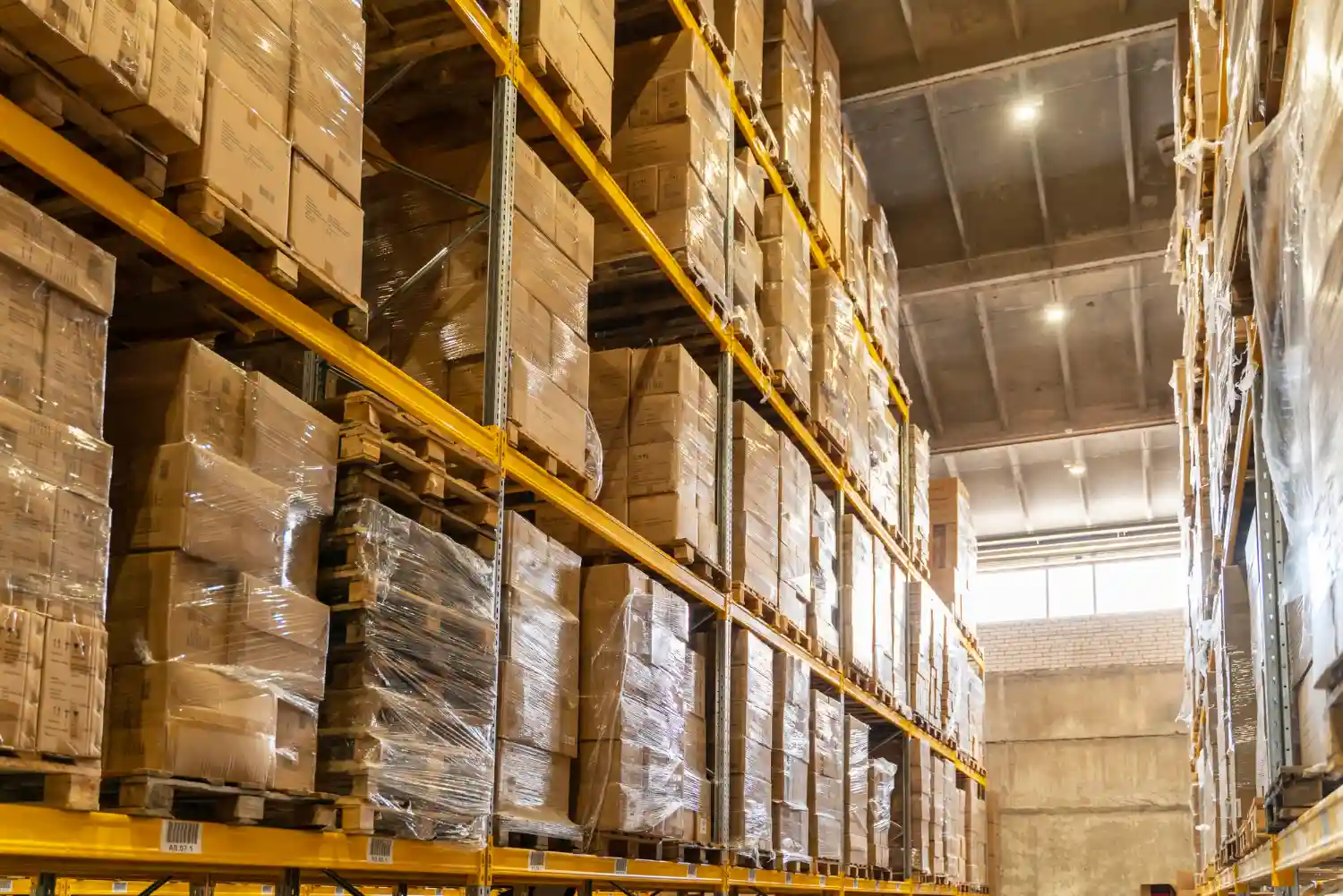
The Rise of Warehouse Automation
Several factors are driving the global shift toward automation in warehouses:
- E-commerce growth: Rapid expansion of online shopping requires faster order fulfillment.
- Labor shortages: A shrinking labor pool has led companies to invest in systems that reduce dependency on human labor.
- Operational efficiency: Automation minimizes errors and improves throughput.
- Space optimization: ASRS systems can utilize vertical space, drastically increasing storage density.
The ASRS pallet plays a foundational role in enabling all of these benefits by serving as the standardized, reliable base for goods within these automated environments.
Key Benefits of ASRS Pallets in Warehouse Automation
1. Precision in Handling and Storage
Automated systems demand exact measurements. Even slight inconsistencies in pallet size or shape can lead to system errors or breakdowns. ASRS pallets are manufactured to strict tolerances, ensuring reliable performance in robotic systems. This precision improves the system’s overall efficiency and uptime.
2. Durability and Longevity
Traditional wooden pallets often suffer from splinters, warping, or breakage, especially under continuous use. ASRS pallets are typically made of high-grade plastic, metal, or composite materials, offering extended life cycles and dependable performance over time.
3. Improved Safety
Automation lowers the likelihood of occupational injuries caused by manual handling. Additionally, ASRS pallets reduce hazards such as falling loads or collapsed pallets, contributing to a safer warehouse environment.
4. Compatibility with Robotics
Modern ASRS systems include robotic arms, shuttles, and vertical lifts. These machines require pallets that can consistently interface with them without jamming or misalignment. ASRS pallets are designed with this compatibility in mind, ensuring smooth integration and fewer operational hiccups.
5. Enhanced Traceability
Many ASRS pallets have RFID tags or codes. This integration allows for real-time tracking and inventory management, improving visibility across the supply chain. Automation systems can instantly scan these identifiers to locate, retrieve, or place goods in the correct storage locations.

Applications Across Industries
ASRS pallets aren’t limited to a single industry. Their versatility allows them to be used in various sectors:
- Retail and E-commerce: For fast-moving goods requiring rapid sorting and fulfillment.
- Pharmaceuticals: Where traceability, cleanliness, and handling precision are critical.
- Food and Beverage: For managing perishable inventory with FIFO (First In, First Out) accuracy.
- Automotive: Handling heavy components with reliability and consistency.
In each of these sectors, ASRS pallets contribute to smoother, safer, and faster operations.
Reducing Downtime and Maintenance
One often overlooked advantage of ASRS pallets is their role in reducing downtime. Poor-quality pallets can cause equipment damage or malfunctions, leading to operational interruptions. ASRS pallets, being designed specifically for these systems, reduce the likelihood of such issues.
Additionally, because they are made from robust materials and designed for long-term use, the frequency of pallet-related maintenance drops significantly. This results in:
- Fewer operational delays
- Increased equipment uptime
- Higher overall system reliability
Sustainability and Environmental Impact
Sustainability is an increasingly important factor in warehouse management. ASRS pallets, often made from recyclable materials, contribute positively in several ways:
- Reusability: High-quality materials mean they can be reused hundreds or thousands of times.
- Lower Environmental Footprint: Lightweight pallets reduce transportation emissions.
- Reduced Waste: With fewer damaged pallets, less waste ends up in landfills.
Some manufacturers even offer take-back programs to recycle used pallets into new ones, aligning with circular economy principles.
The Role of Standardization in Automation
Standardization is key to automation. A robot or conveyor can only handle loads effectively if they’re uniform in shape, weight distribution, and dimensions. ASRS pallets support this need for uniformity, which leads to:
- Faster processing speeds
- Fewer handling errors
- Simplified training and system programming
The widespread adoption of standardized ASRS pallets also encourages global trade partners to align their systems, enhancing international logistics efficiency.
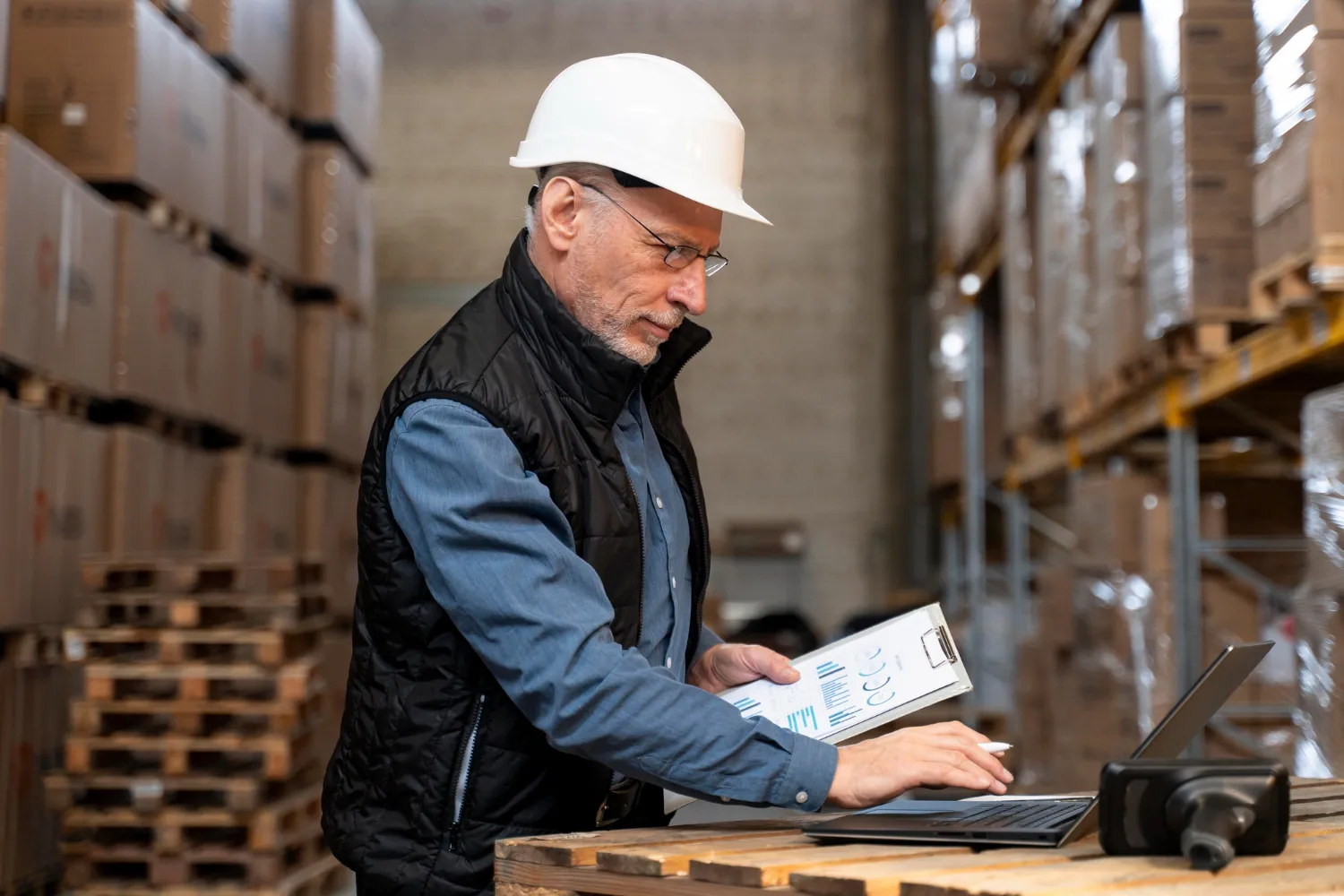
Future of Warehouse Automation with ASRS Pallets
The future of warehouse automation will be shaped by technologies like AI, machine learning, and IoT—but physical infrastructure like pallets will remain critical enablers. ASRS pallets will continue to evolve, integrating advanced materials, sensors, and even embedded data chips for enhanced performance.
Emerging trends that will further boost the relevance of ASRS pallets include:
- Digital Twins: Pallets embedded with data sensors to mirror real-time conditions in digital systems.
- Autonomous Mobile Robots (AMRs): Precision-built pallets are required for effective navigation.
- Predictive Maintenance: Pallet sensors notify systems when wear or replacement is needed.
As automation becomes smarter, the need for smarter pallets will grow in tandem.
Conclusion:-
ASRS pallets are transforming the warehouse landscape by enabling faster, safer, and more accurate operations. They are not inert tools, but active members of the automation ecosystem. From improving load stability to enhancing inventory traceability, ASRS pallets are a cornerstone of the modern, automated warehouse.
For businesses looking to future-proof their supply chain operations, investing in high-quality ASRS pallets is a strategic decision that supports consistent, reliable performance.
If you’re seeking durable, automation-ready solutions tailored to your warehouse needs, Kole Pallet offers industry-leading ASRS-compatible pallets that meet the highest standards of functionality and innovation.
Frequently Asked Questions:-
1. What is an ASRS pallet, and how does it differ from a traditional pallet?
- An ASRS pallet is a specially designed pallet made for Automated Storage and Retrieval Systems (ASRS). Unlike traditional wooden or plastic pallets, ASRS pallets are built with precise dimensions, enhanced durability, and robotic compatibility to ensure seamless integration with automated equipment like cranes, conveyors, and robotic arms.
2. Why are ASRS pallets important in warehouse automation?
- ASRS pallets are crucial because they ensure accurate, reliable, and safe material handling within automated warehouse systems. Their standardized design reduces system errors, supports high-speed operations, and enhances traceability using RFID tags or barcodes.
3. What industries can benefit from using ASRS pallets?
- Industries such as e-commerce, retail, pharmaceuticals, automotive, and food & beverage all benefit from ASRS pallets. These sectors require precision, safety, and efficiency in storage and retrieval, all of which ASRS pallets help facilitate.
4. Are ASRS pallets environmentally friendly?
- Yes, many ASRS pallets are made from recyclable materials and are designed for long-term reuse. Their durability reduces waste, and their lightweight nature can lower carbon emissions during transport, contributing to more sustainable warehouse operations.
5. Who is a reliable supplier of ASRS pallets?
- Kole Pallet is a trusted provider of ASRS-compatible pallets. They offer high-quality, automation-ready pallet solutions designed to meet the demands of modern warehouse systems and long-term operational efficiency.

